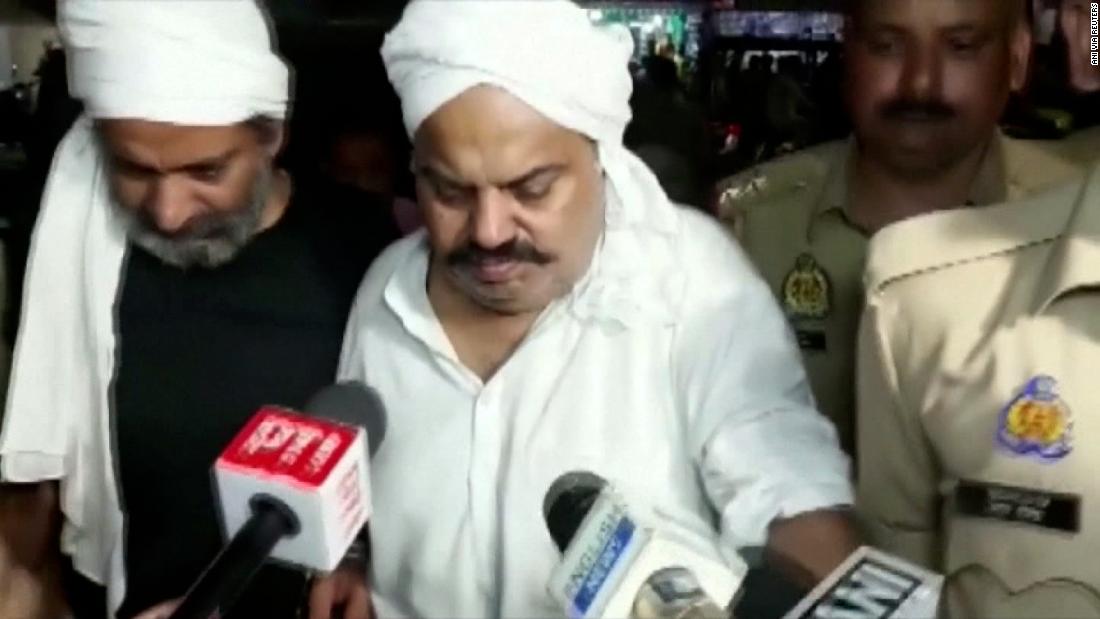EDDIE Stobart has died aged 95 with tributes flooding in for the man who founded one of the Britain’s most renowned haulage firms.
The founder of the firm – whose name was famously plastered across his lorries – died on November 25, his representatives confirmed today.
GettyEddie Stobart – whose name was famously plastered across his lorries – died on November 25[/caption]
PA:Press AssociationToday, the company now owns and operates more than 2,500 vehicles[/caption]
Times Newspapers LtdEddie Stobart (left) with his son Edward Stobart, who later took over the company[/caption]
Eddie founded the firm in the 1940s and it grew to become a nation-wide icon under the stewardship of his financially-savvy son Edward.
Edward sadly died aged 56 of a suspected heart attack in 2011.
He took over the firm in 1976 and is largely credited for transforming the company into the industry giant it is today.
Father Eddie, was born in 1929, in Cumbria, and originally worked as a farmer in the 1940s.
He left school at 14-years-old and eventually earned himself enough money to buy an unbroken horse, which he trained up and later sold for double the price.
Eddie took the cash and invested it into hens and hen houses, to sell.
The young entrepreneur managed to rake in enough to purchase a tractor and threshing machine, which he then used to work for other farmers.
He met his future wife at church, 17-year-old Nora Boyd, and they tied the knot on Boxing Day 1951.
They shared four children, daughter Anne, and three sons, Edward, John and William.
Eddie previously insisted he would never have named the company after himself if he knew how large it would grown.
He told The Times: “I never aimed to devote myself to work.
“We are here to serve God, not Mammon.”
The first Eddie Stobart lorry was a second-hand Guy Invincible four-wheeler, and started travelling on UK roads in 1957.
The truck featured the famous Eddie Stobart green and red colouring.
It originally delivered loads and spreading fertilizer to local farmers.
Shortly after starting up, the company was offered a contract by Imperial Chemical Industries (ICI), if Eddie could build him business a warehouse.
Despite its success, Eddie was always considered more laid back than his son Edward Stobart, who later took over the business.
Eddie never work on Saturdays, to spend time with his children, and Sundays were for God.
This meant at the age of just 19, when Edward took over the business – there were only eight lorries and 12 employees.
But today, the company owns and operates more than 2,500 vehicles.
Edward continued the tradition of christening the lorries with female names, including Twiggy – after the model.
The former company leader is credited with changing the public’s perception of the industry and re-branding to convey a sharper, cleaner image.
Drivers of Stobart trucks began wearing a uniform which consisted of collars and ties.
They also became a national and famous hauling machine thanks to the relocation of lorry operations from the family’s home village of Hesket Newmarket, in Cumbria, to Carlisle.
Eddie said: “Board meetings consisted of me sitting in an armchair at home while Edward was ringing me from somewhere on the M6 telling me what he was doing.”
After the founder retired, he and his wife Nora joined the Gideons, and took Bibles into to schools, hospitals and prisons.
They spread their message preaching and offered up their home to visiting preachers.
When Edward died in 2011, his brother William took over the family business.
William and his brother John had bought the company after it went through financial difficulty in the 2000s.
Edward filed for bankruptcy a year before his death with debts of £220,00, as reported by The Mail.
In a statement at the time of his death, William said: “Edward, although not directly involved in today’s company, was the person who built the brand and business and we have so much to thank him for.”
The funeral of Edward Stobart in 2011North News and Pictures
AlamyA model of an original Eddie Stobart truck[/caption]
AlamyWhen Edward died in 2011, his brother William took over the family business[/caption] Published: [#item_custom_pubDate]















































































































